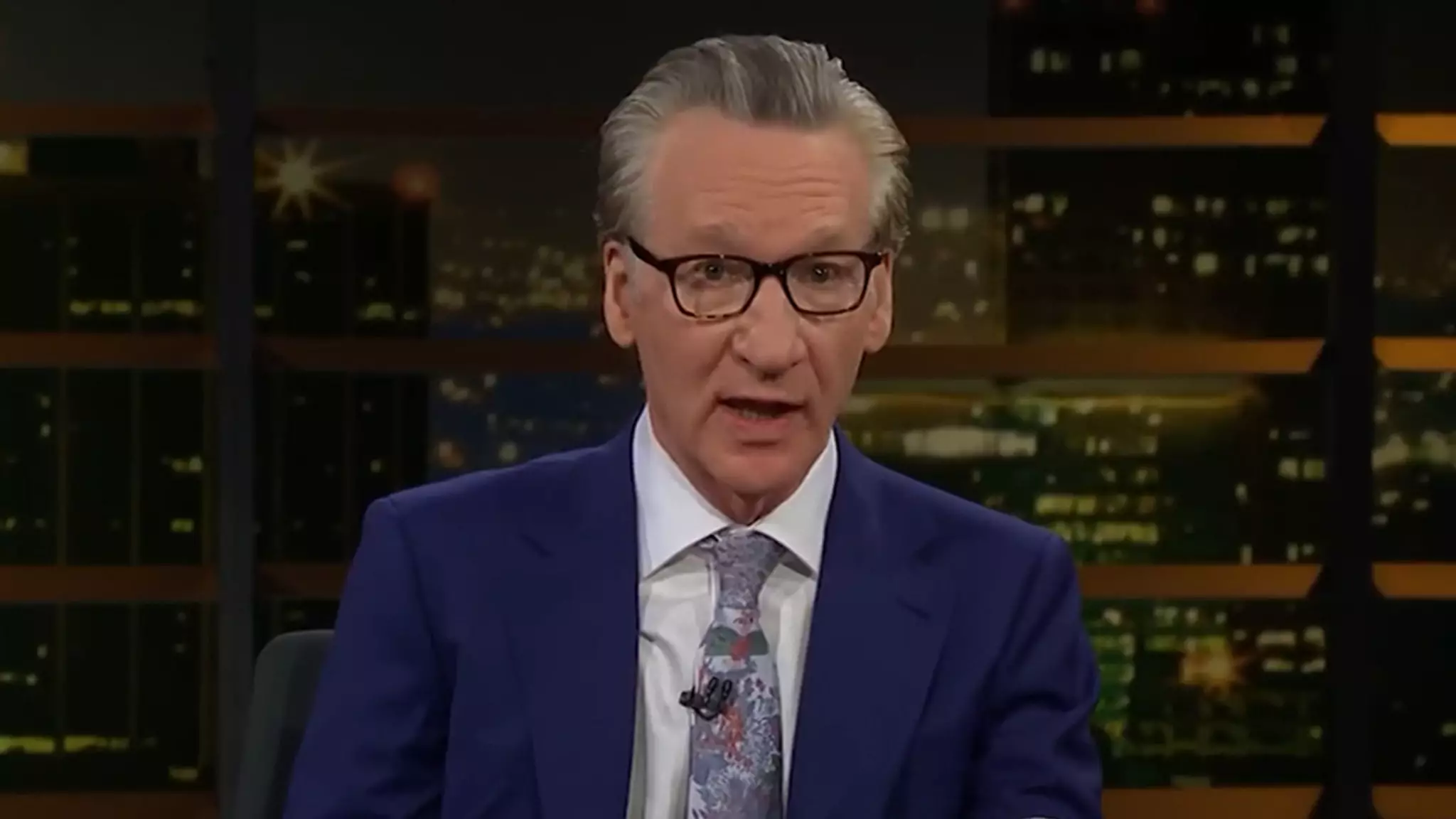In today’s climate, the intersection of politics and personal relationships has become as complicated as negotiating a peace treaty. The recent finale of “Love Is Blind” shone a light on this phenomenon, particularly through the lens of Bill Maher’s critique of modern dating behaviors. His sharp commentary on the implications of political alignment—as exemplified by Sara Carton’s decision to not marry Ben Mezzenga over political disagreements—raises an important question: Are we setting unrealistic standards for love by allowing our political affiliations to dictate our compatibility?
Maher’s observations highlight a growing trend among younger generations, particularly Gen Z, who hold their political beliefs close to their hearts. While having strong principles can indeed be a hallmark of a healthy democratic society, the refusal to engage romantically with those who hold differing views can lead to a culture of isolation. The idea that one must only date individuals who mirror their political ideology may ultimately lead to loneliness and unrealized potential for meaningful connections. Maher emphasizes that a rigid stance could leave many individuals without partners, perpetuating a cycle where the hunger for companionship is overshadowed by the fear of political discourse.
The “Woke” Factor: A Double-Edged Sword
Moreover, Maher’s label of Sara as “insufferably woke” opens up another crucial dialogue about the concept of wokeness itself. Wokeness, originally a term rooted in awareness of social injustices, has, for some, morphed into a yardstick for moral superiority within dating circles. The danger here is that it creates division, reducing complex individuals to mere representatives of their political ideology. This divisive mindset can be alienating, turning potential partnerships into battlegrounds where the stakes are ideological rather than personal.
When political views become prerequisites for love, it raises profound implications for society. The act of dating transforms from an exploration of emotional and physical compatibility to a rigid checklist of political credentials. At what point do we sacrifice love on the altar of ideology? The result could very well be an entire generation that finds it increasingly difficult to form authentic connections.
The Call for Open Communication
Maher is not merely criticizing; he is advocating for a return to dialogue, a reclamation of the nuances involved in human interaction. His contention that people with different political beliefs should engage romantically reflects a yearning for unity amidst division. Instead of viewing dissenting opinions as threats, what if they were regarded as opportunities for growth? This perspective shifts the focus from polarizing debates to more enriching dialogues that could broaden our understanding of each other.
The challenge ultimately lies in maintaining respect and empathy in these discussions. If we allow our political identities to overshadow our relational needs, we risk missing out on genuine love and compassion. The courage to date beyond political lines is not just about seeking romance; it embodies a willingness to embrace the complexities of human relationships, underscoring that love can thrive amidst disagreement.
By championing a culture where political differences are not a hindrance to relationships but rather a source of rich conversation, we may just pave the way for more fulfilling partnerships—one where love transcends the limitations imposed by partisan ideologies.

